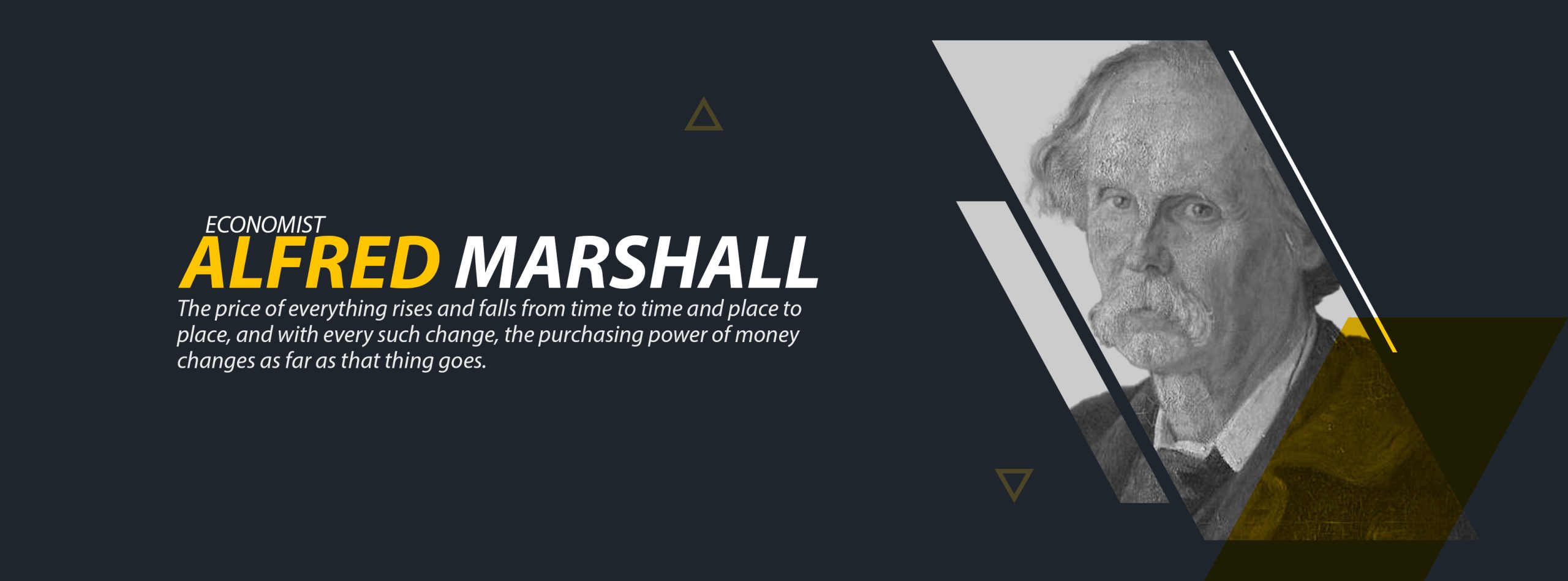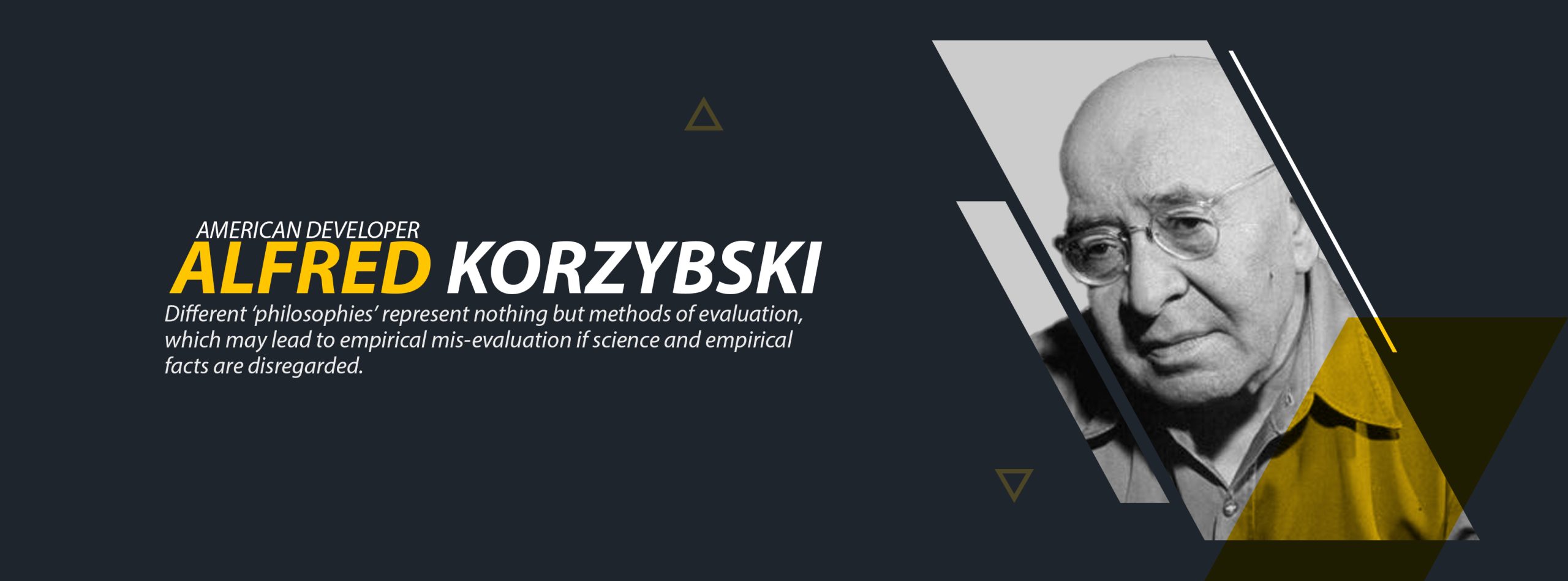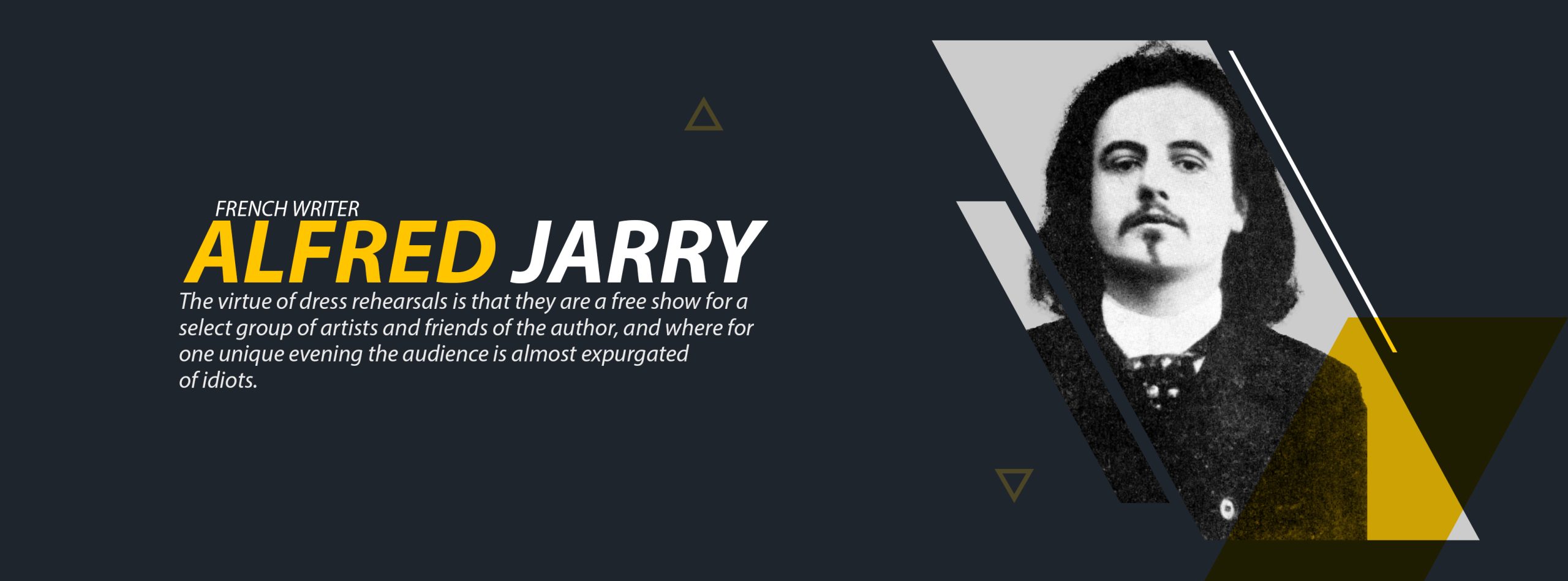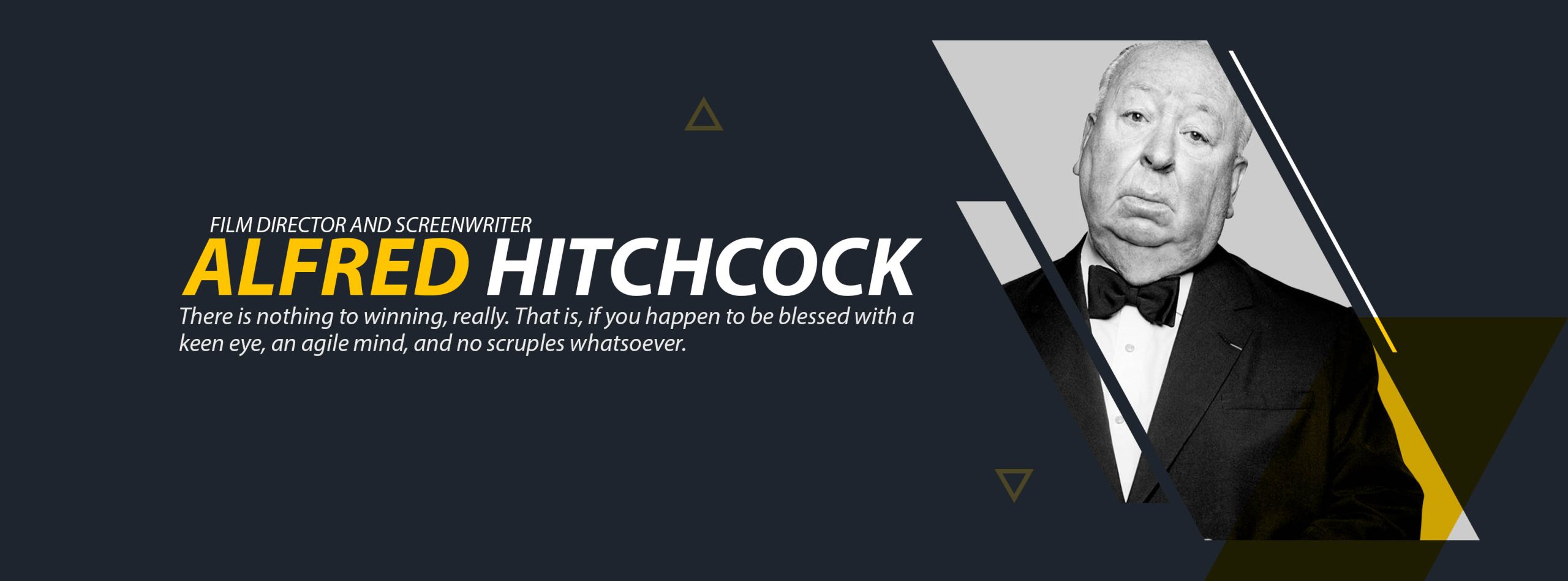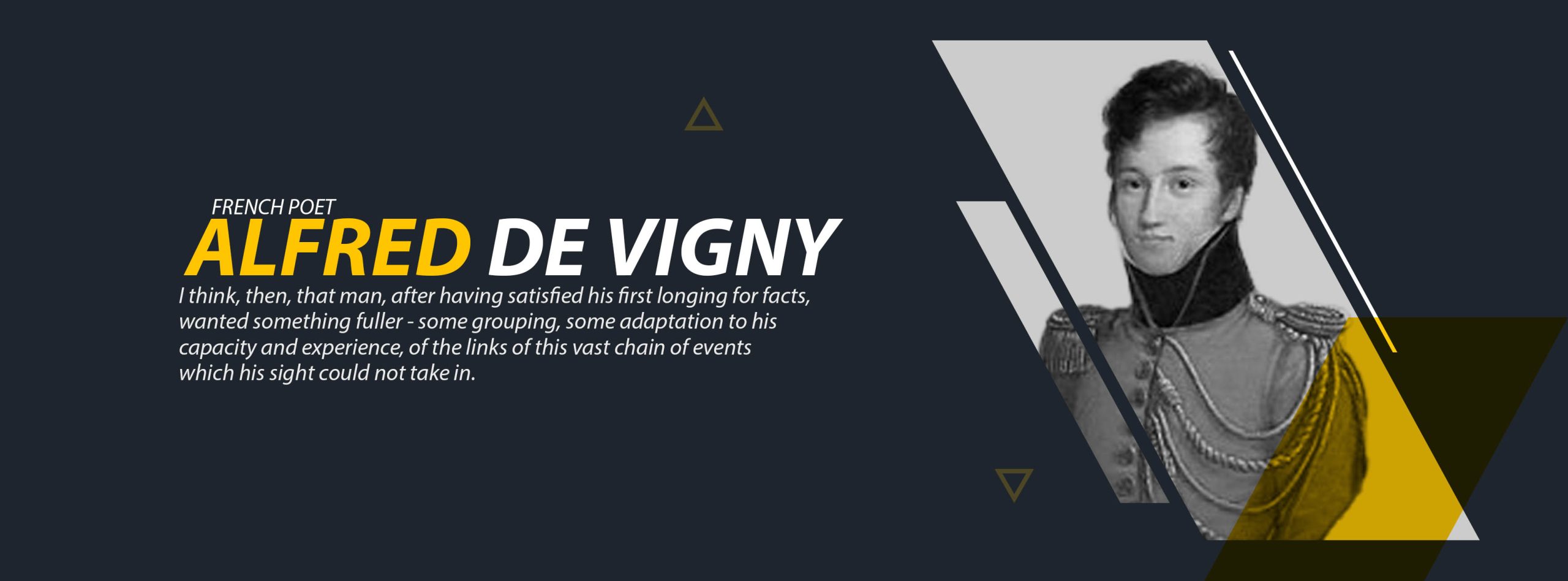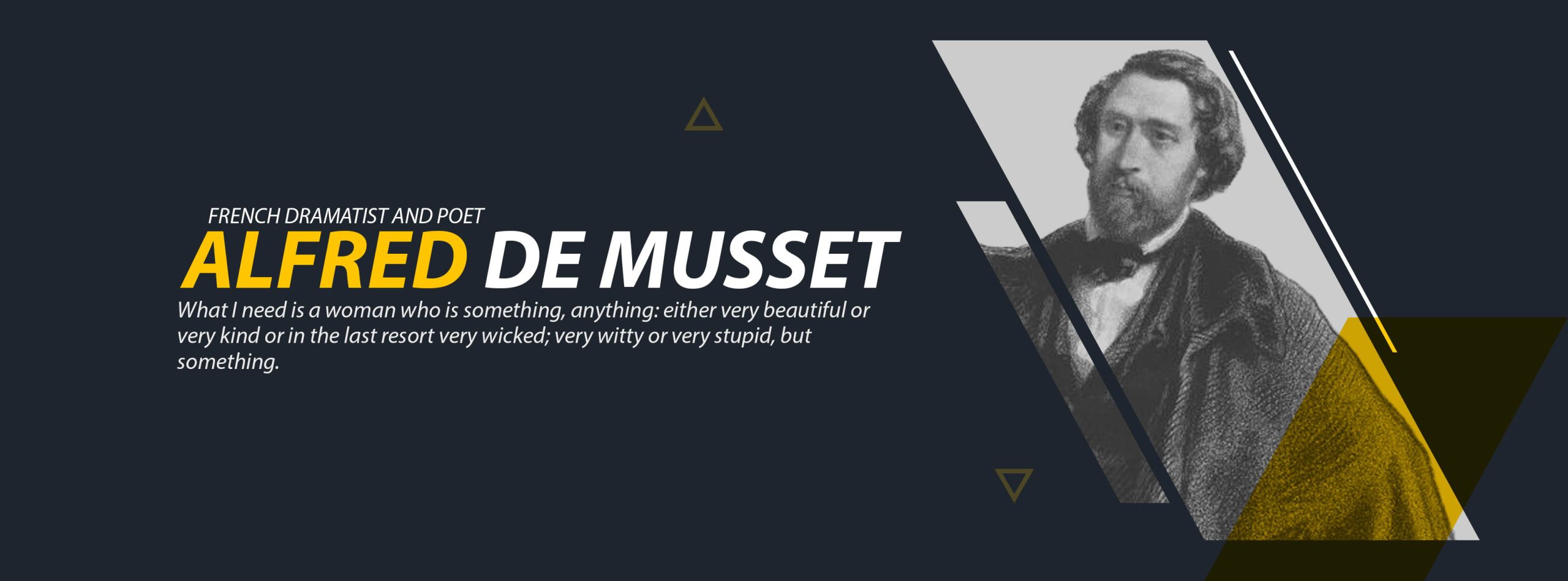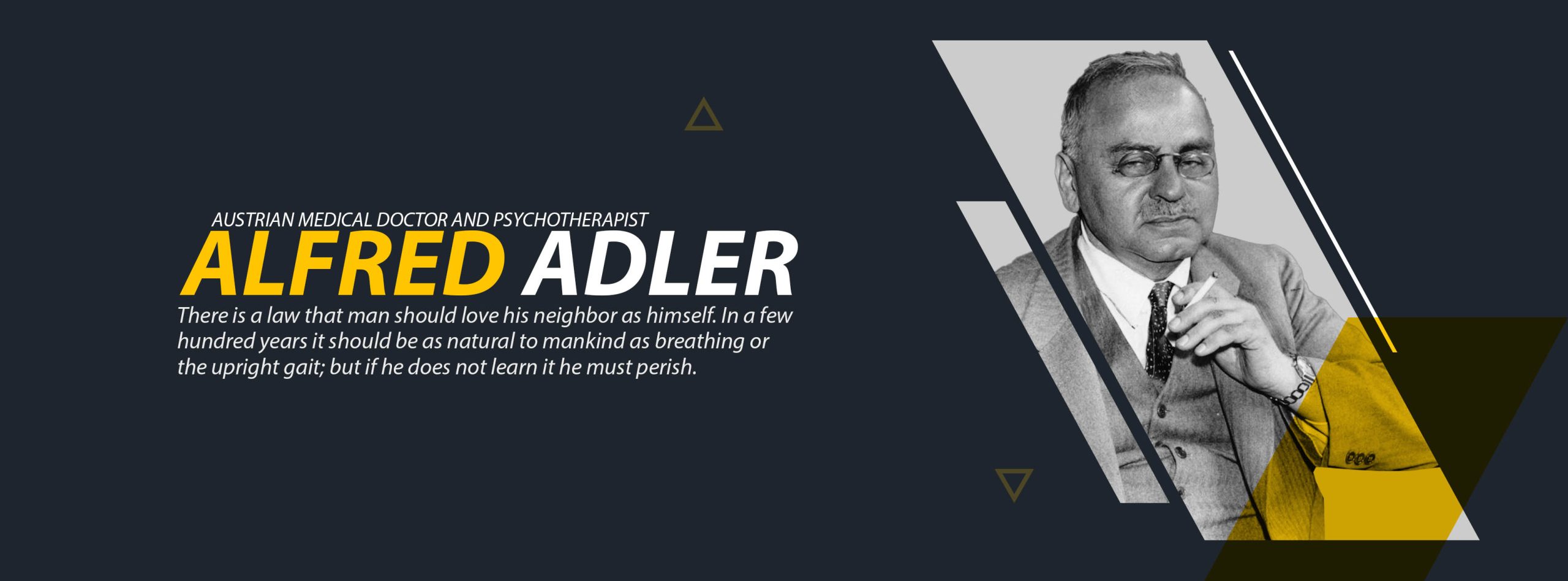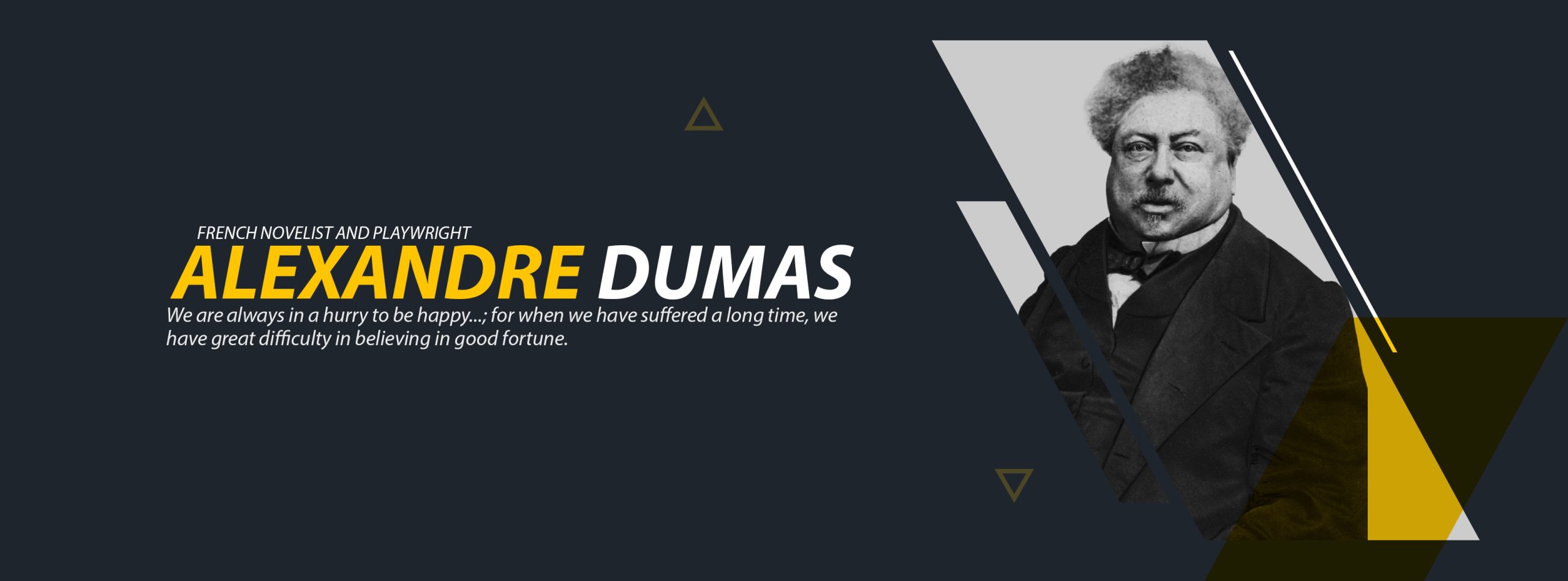Top 10 most inspiring quotes by Alfred North Whitehead
- Not ignorance, but ignorance of ignorance, is the death of knowledge.
- It requires a very unusual mind to undertake the analysis of the obvious.
- Philosophy begins with wonder. And at the end, when philosophic thought has done its best, the wonder remains.
- Art is the imposing of a pattern on experience, and our aesthetic enjoyment is recognition of the pattern.
- Civilization advances by extending the number of important operations which we can perform without thinking of them.
- From the very beginning of his education, the child should experience the joy of discovery.
- The art of progress is to reserve order amid change, and to preserve change amid order.
- The safest general characterization of the European philosophical tradition is that it consists of a series of footnotes to Plato.
- Everything of importance has been said before by somebody who did not discover it.
- There are no whole truths; all truths are half-truths. It is trying to treat them as whole truths that plays the devil.
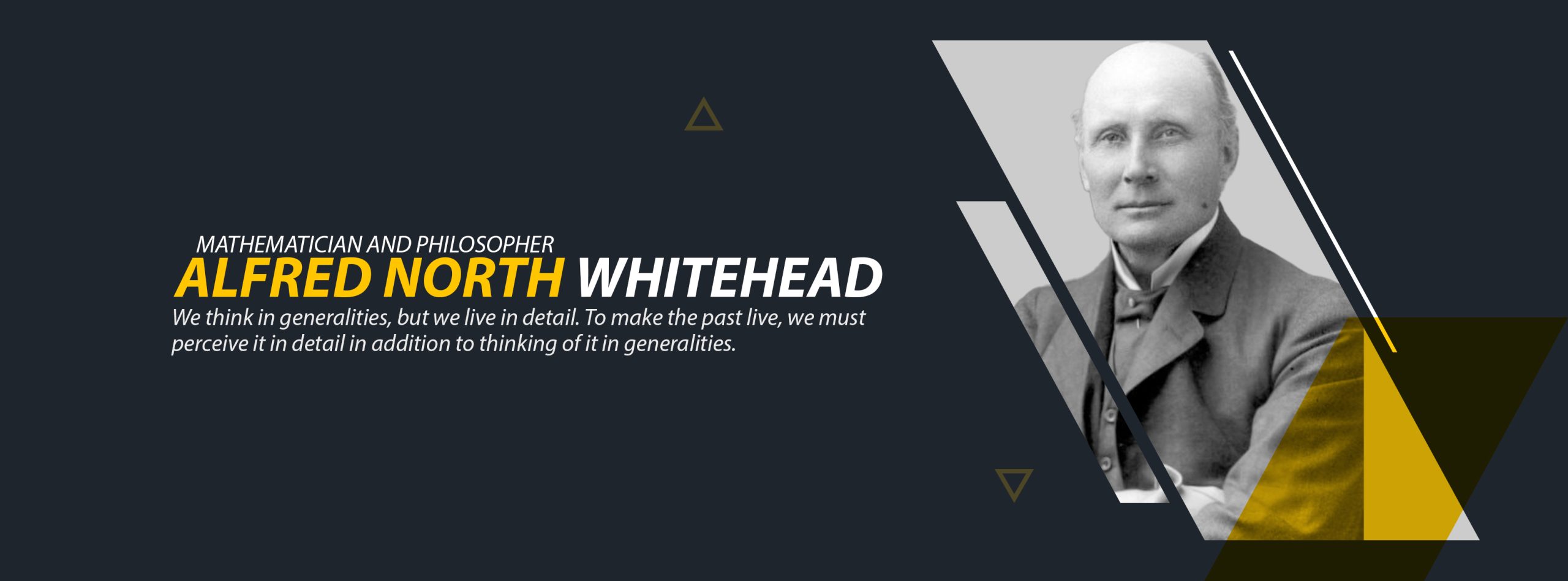
Alfred North Whitehead (1861–1947) was a British mathematician and philosopher, renowned for his contributions to both fields. Born in Ramsgate, England, Whitehead studied mathematics at Trinity College, Cambridge, where he later became a lecturer. He collaborated with his former student, Bertrand Russell, on the seminal work “Principia Mathematica,” a groundbreaking attempt to derive mathematical truths from logical foundations.
Whitehead’s interests expanded beyond mathematics, leading him to develop a comprehensive metaphysical system known as process philosophy. His major philosophical work, “Process and Reality” (1929), co-authored with American philosopher Charles Hartshorne, explores the nature of reality as a dynamic process of becoming rather than a static collection of substances.
In 1924, Whitehead moved to the United States, joining Harvard University as a professor. His influence extended to education, where he advocated for a more holistic and experiential approach. Whitehead’s ideas continue to shape discussions in philosophy, education, and theology, making him a key figure in the development of 20th-century thought.
👉Listen to the best music from all over the world at www.liveonlineradio.net #Alfred_North_Whitehead #quotes #FM #Online_radio #radio #live_online_radio #live #world_radio


